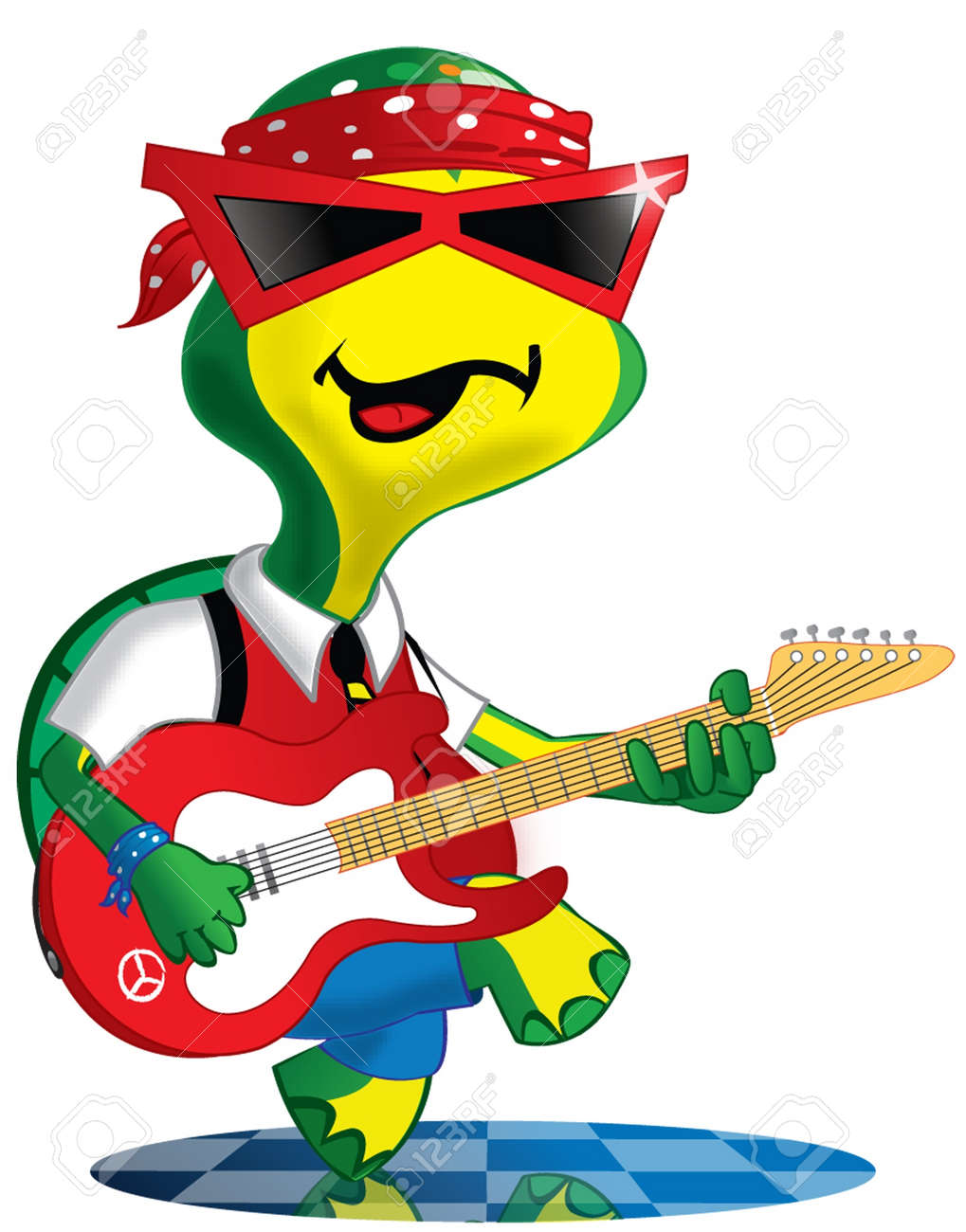A few points...
Artists, creative types, will create, no matter the business model. A very, very, very lucky few will be able to make a living doing their art. And a tiny fraction of those will become stars in their field.
Led Zeppelin was Led Zeppelin long before they made their first recording (well, sure, the were the New Yardbirds for a while). Having 8 successful albums in 11 years enabled them to have the longevity of 12 years. But creativity itself put an end to that.
Except for the very few superstars,recording artists make almost nothing off of their recordings. Beyonce made nearly $2 million a day for a couple of weeks there on streams of Lemonade. But that's because there were a gagillion steams of it. If it had been 2 million streams, she'd have made about $400. I'll get back to that.
In the traditional model of albums (vinyl and CDs), the artist (band, whatever) makes about 13 percent of each sale. The record label gets about 62 percent. Because the record label is who owns the recorded performance. They literally paid the artist to perform while it was being recorded. Another 15 percent or so of each sale goes to the distributors (retail stores and related entities who sell the albums). The remaining gets split between personal management, legal, promotion and producers.
Out of the label's 62 percent, they pay about 8-10 percent each to the writer of the music, as well as the writer of the lyrics (if there are lyrics). So if you write your own music and lyrics and also record it, then you'll make nearly 25% of the sale. Dolly Parton, for example, made bank off Whitney Houston's recording of I will Always Love You, because Dolly wrote the music and the lyrics. Dolly made more off the sales of that that recording than Whitney made. But it put butts in the seats for Whitney's tours. There are far more song writers in the music business than there are recording artists.
Recording artists make their money on live performances, on tour. If they're famous and popular they can get sponsors to help with the costs, but they rent out the venue, pay all expenses, and keep the profits from each live show.
Record labels make money on the sale of records. The artists make their money by using the recordings as self-promotion vehicles to get people to pay to come see them live.
Back to streaming. The label still makes 60-70% of the money from streaming, pennies per stream (of per play on traditional radio). The artist makes along the lines of .0002 cents per stream. If you have a song that gets 40,000 streams, times .0002 nets you about 8 bucks. I'm not kidding.
If these are digital downloads where people buy the MP3 (or whatever) for 99 cents (or whatever), then the artist is gonna get about 12 cents per download. So 40,000 downloads will get you $4800. If you're Beyonce you're getting closer to 19 cents a download and you're getting a buttload more than 40,000 downloads, so you're making real money off these things. Still, it's a fraction of what the label makes off the recording.
But even a gold or platinum selling record, the artist will still make gobs more off those recordings by going on tour than they will in record sales.
It's a little different now where recording artists can produce and record their own music, bypassing a label, and do direct-to-consumer distribution via iTunes, Amazon, YouTube, whatever. In those cases, the artists make 60 or 70 percent of the digital download price (still at .0002 per stream, tho).
For a little while there I made a living playing trumpet. I had a band, a jazz-rock band that was basically a rock band with 5 trumpets, and we cut 3 albums with Epic Records (now Sony Music, who is pure evil, by the way), and I did a really lot of studio work; backup for other artists, movie and TV soundtracks, commercials, lots of stuff. Most of my money was made on tour, tho, mostly with the band being the opening act for more established bands like Chicago, BS&T, Edgar Winter, Earth Wind and Fire, Lighthouse, etc., but I was also in the touring bands for Lou Rawls, John Davidson, Mel Torme, Ray Charles Stan Kenton and Woody Herman. I occasionally get a royalty check from ASCAP or BMI and/or RIAA, but it's a lot smaller than you'd think, thanks to Sony Music (who is pure evil, by the way) and to US Representative Salvatore Phillip "Sonny" Bono who spearheaded a copyright extension act that, while it rightfully extended the copyrights for decades, also had a side effect that made it impossible for recording artists to ever reclaim ownership of their own recorded performances from record labels (it used to be that you could reclaim ownership of your recorded music after 22 years, but now it's 75 years). Sonny Bono was an owner or part owner of several record labels. Funny how that worked out.
I once got a royalty check for $2300 when a couple danced to one of my band's recording on Star Search. I got that because I wrote the music. The mechanical fee (the play fee) was $8 and change, which was split between the 9 members of the band. Woot. The label's mechanical fee was probably about 8 grand, maybe a little more (depends on the ratings of that particular Star Search episode).
So I'm a bit jaded and snarky when it comes to paying for music, because I know how it all works. Most of that narrative comes from the RIAA (the labels) and the bigger selling artists (who actually DO make money off streaming, because they have bazilions of streams). I get most of my music from bittorrent.

